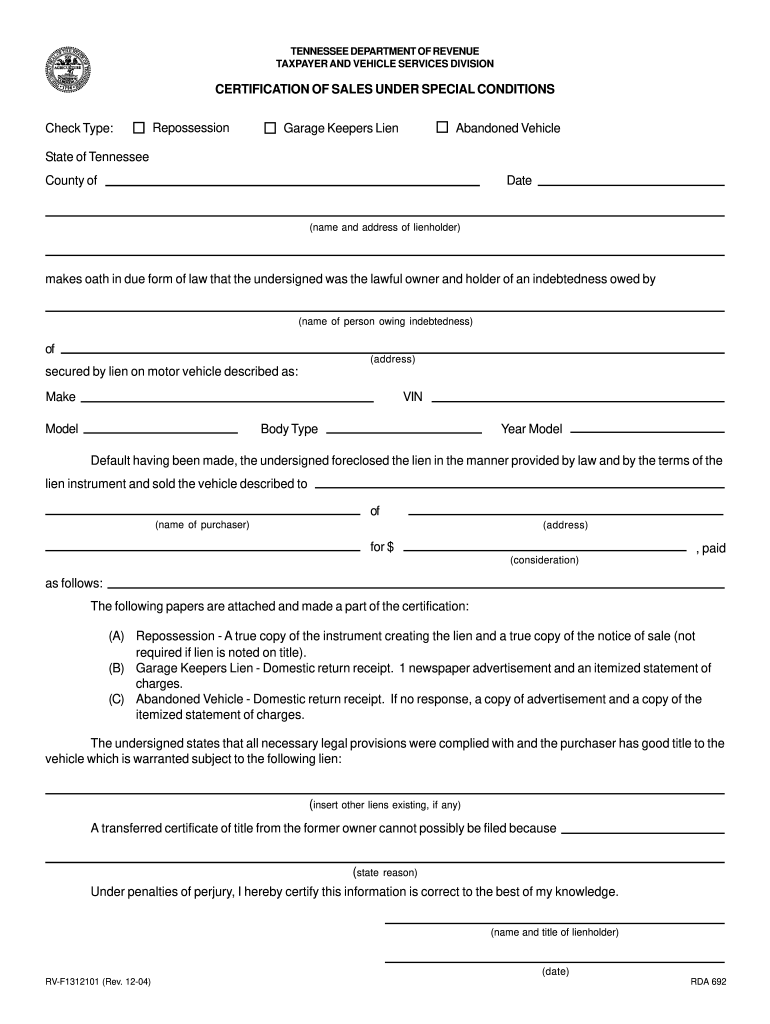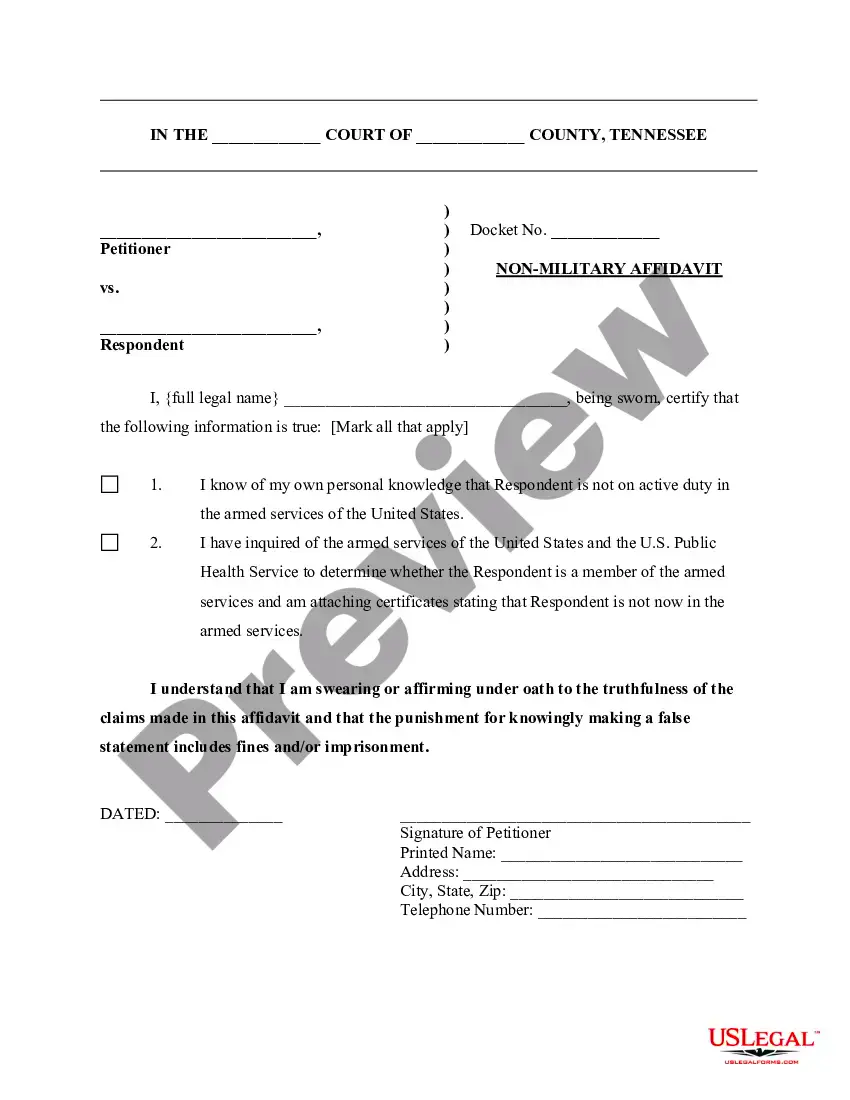Tennessee Repo Laws: Legal Process and Your Rights
Tennessee repossession laws help protect both creditors and debtors in cases where loans are not repaid. Understanding these laws is essential if you’re facing repossession or want to know your rights. This blog post will guide you through the repossession process, the types of property that can be repossessed, and what rights you have as a debtor in Tennessee.
Understanding the Repossession Process

The repossession process in Tennessee typically involves several key steps. Here’s how it works:
- Default on Loan: Repossession usually occurs when a borrower fails to make payments on a secured loan.
- Notice to Debtor: Creditors are required to notify debtors of default, although Tennessee law does not mandate a specific timeframe for this notice.
- Repossession: If the debt is not resolved, the creditor can hire a repossession agency to retrieve the property. This can happen without a court order, as long as the repossession is done peacefully.
- Sale of Repossessed Property: After repossession, the creditor may sell the property to recover the debt. Debtors are typically notified of the sale.
- Deficiency Judgments: If the sale does not cover the full amount owed, creditors may seek a deficiency judgment for the remaining balance.
Types of Property Subject to Repossession

In Tennessee, various types of property can be repossessed. Here’s a list of common items:
- Vehicles: Cars, trucks, and motorcycles are among the most frequently repossessed items.
- Equipment: Business equipment and tools financed through a loan can also be subject to repossession.
- Furniture: In some cases, financed furniture can be repossessed.
- Electronics: High-value electronics like televisions and computers may also be reclaimed if purchased on credit.
It’s important to note that not all property can be repossessed. Items like personal belongings and necessities may be protected under state laws. Always check the specific terms of your loan agreement to understand what can be reclaimed.
Notification Requirements Before Repossession

Before a creditor can repossess your property in Tennessee, certain notification requirements must be met. Understanding these requirements can help protect your rights and ensure you’re treated fairly. Generally, creditors are expected to follow these steps:
- Default Notice: While Tennessee law does not require a specific notice of default, many creditors will provide a written notice to inform you that you’ve missed a payment. This notice can serve as a reminder and gives you a chance to resolve the issue.
- Opportunity to Cure: Although not mandated by law, some creditors may offer a grace period or an opportunity to make up missed payments before taking action.
- Notice of Repossession: Once repossession is imminent, the creditor may be required to notify you of the repossession, detailing the time and place.
It’s vital to read any correspondence from your creditor carefully. Knowing your rights regarding notifications can help you prepare for potential repossession and possibly negotiate alternatives.
Your Rights as a Debtor During Repossession
As a debtor in Tennessee, you have rights that protect you during the repossession process. Understanding these rights can help you navigate this stressful situation more effectively. Here are key rights to keep in mind:
- Right to Peaceful Repossession: Creditors must repossess property without causing a breach of peace. This means they cannot use force or threats.
- Right to Know: You have the right to be informed about the terms of your loan and the process leading to repossession.
- Right to Retrieve Personal Belongings: If your property is repossessed, you are entitled to retrieve personal items that are not part of the secured collateral.
- Right to Challenge the Repossession: If you believe the repossession is unlawful, you have the right to contest it in court.
Being aware of these rights can empower you during the repossession process and help you take appropriate actions if your rights are violated.
Legal Actions You Can Take Against Unlawful Repossession
If you believe that your property has been unlawfully repossessed, Tennessee law provides several avenues for legal recourse. Here are steps you can take:
- Contact the Creditor: Start by reaching out to the creditor to discuss the situation. There may have been a misunderstanding that can be resolved without further action.
- Document Everything: Keep detailed records of all communications, notices, and any actions taken by the creditor. This documentation can be crucial in any legal proceedings.
- File a Complaint: You can file a complaint with the Tennessee Department of Commerce and Insurance if you believe the repossession violated state laws.
- Seek Legal Counsel: Consulting with an attorney who specializes in consumer law can help you understand your options and the potential for filing a lawsuit against the creditor for damages.
- Pursue a Court Injunction: If necessary, you can seek a court injunction to stop the repossession and recover your property.
Taking these legal actions can help protect your rights and potentially recover any losses you’ve incurred due to unlawful repossession.
Impact of Repossession on Your Credit
Repossession can have a significant impact on your credit score and overall financial health. When a creditor repossesses your property, it usually gets reported to the credit bureaus, which can lead to negative consequences. Here’s how repossession affects your credit:
- Credit Score Drop: A repossession can lower your credit score by 100 points or more, depending on your overall credit profile.
- Credit Report Entry: The repossession stays on your credit report for up to seven years, making it challenging to secure new loans or credit during this time.
- Higher Interest Rates: With a lower credit score, you may face higher interest rates on future loans, which can increase your overall borrowing costs.
- Difficulty Obtaining Credit: Lenders may view you as a high-risk borrower, leading to difficulties in getting approved for credit cards, mortgages, or personal loans.
To mitigate the damage, consider checking your credit report regularly. If you notice inaccuracies related to the repossession, dispute them with the credit bureaus. Understanding how repossession impacts your credit can help you take proactive steps to rebuild your financial standing.
How to Handle Repossession with Creditors
Dealing with creditors during a repossession can be daunting, but effective communication can make a difference. Here are some steps to help you navigate the situation:
- Stay Calm and Communicate: Keep the lines of communication open. Reach out to your creditor to discuss your situation and express your willingness to resolve the issue.
- Understand Your Options: Ask about alternatives to repossession, such as loan modification, payment plans, or deferment options. Many creditors prefer to work with you rather than repossess your property.
- Negotiate: Don’t hesitate to negotiate the terms of your loan. You may be able to agree on a new payment plan or a temporary reduction in payments.
- Get Everything in Writing: If you reach an agreement with your creditor, make sure to get the terms in writing to avoid any misunderstandings later on.
- Consider Legal Advice: If you feel overwhelmed or believe your rights are being violated, consult with a legal professional who can guide you through the process.
Being proactive and open to negotiation can often lead to a more favorable outcome, helping you avoid repossession and its consequences.
Conclusion
Understanding Tennessee repossession laws and your rights as a debtor can empower you during difficult financial times. Remember that repossession can significantly impact your credit, but you do have options to manage the situation. By communicating with your creditors and exploring alternatives, you may be able to avoid repossession altogether. If repossession does occur, know your rights and consider taking legal action if necessary. Ultimately, staying informed and proactive can help you navigate the complexities of repossession and protect your financial future.
FAQs About Tennessee Repo Laws
If you’re facing repossession or simply want to understand more about Tennessee repo laws, you likely have some questions. Here are some frequently asked questions to clarify common concerns:
What is repossession?
Repossession is the legal process by which a lender or creditor takes back property that was used as collateral for a loan when the borrower defaults on their payments. This process is typically carried out without a court order, provided it’s done peacefully.
Can creditors repossess property without notice?
Yes, creditors in Tennessee can repossess property without prior notice if the repossession can be done without breaching the peace. However, many creditors will provide some form of notice before taking action.
What types of property can be repossessed?
In Tennessee, commonly repossessed items include:
- Vehicles: Cars, trucks, and motorcycles
- Equipment: Business equipment and tools
- Furniture: Financed furniture
- Electronics: High-value electronics like computers and televisions
What are my rights during repossession?
As a debtor in Tennessee, you have the right to:
- Peaceful Repossession: Creditors cannot use force or threats.
- Retrieve Personal Items: You can retrieve personal belongings that are not part of the secured collateral.
- Challenge Repossession: You can contest the repossession in court if you believe it is unlawful.
How long does repossession stay on my credit report?
A repossession can remain on your credit report for up to seven years. This can significantly affect your credit score and your ability to obtain new credit during that period.
Can I negotiate with my creditor to avoid repossession?
Yes, it’s often possible to negotiate with your creditor. You can discuss options such as payment plans, loan modifications, or other alternatives to repossession. Open communication can lead to a more favorable outcome.
What should I do if I believe my property was unlawfully repossessed?
If you believe that your property was unlawfully repossessed, document everything, contact your creditor to discuss the issue, and consider seeking legal advice to explore your options for contesting the repossession.


